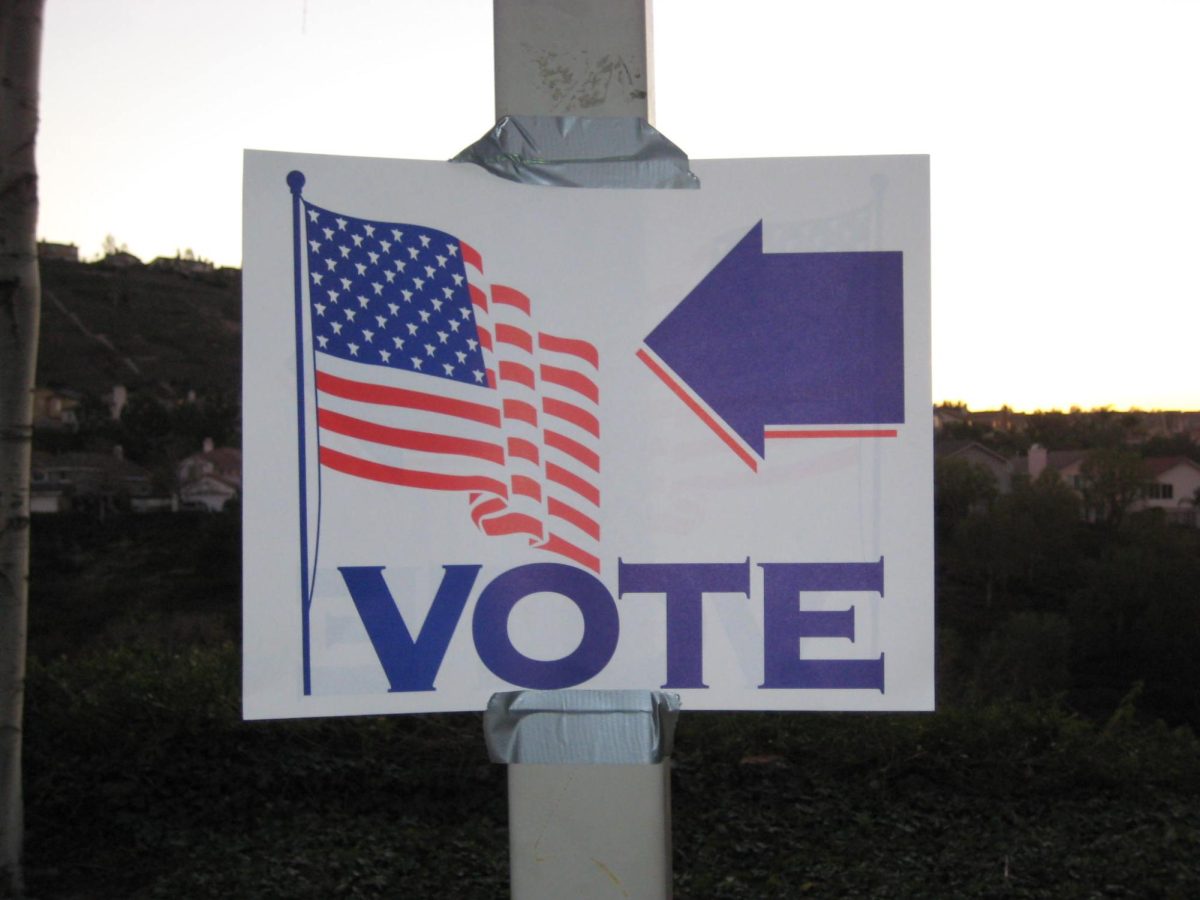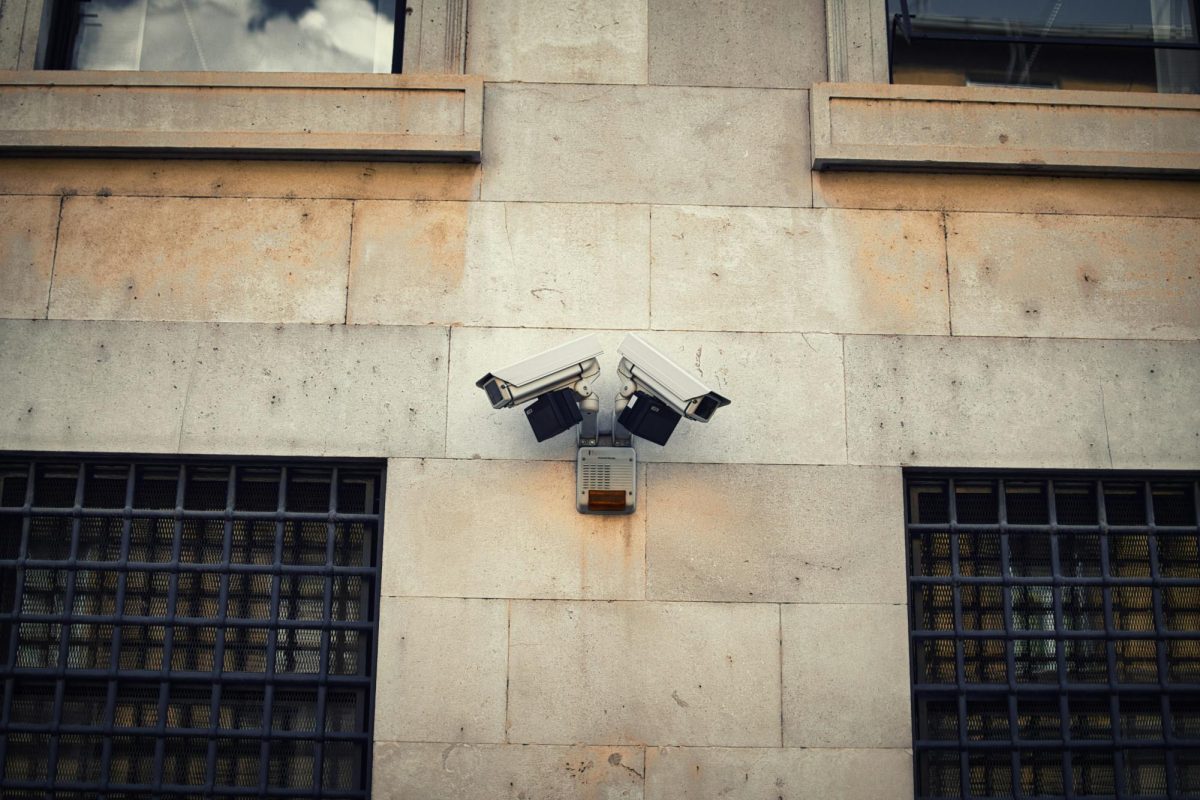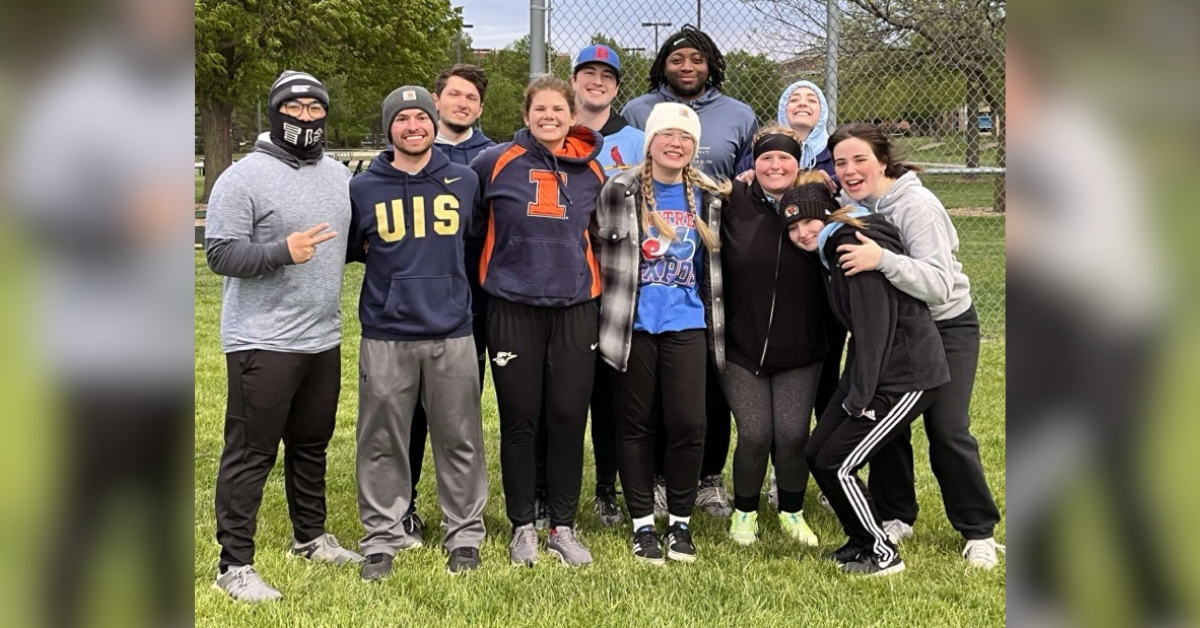As the 2024 election looms on the horizon, the significance of every vote has never been more important. For college students across the United States, this election represents more than just a civic duty; it is a powerful opportunity to shape the policies and decisions that will influence their futures and the future of the country. Despite this, a troubling trend of disengagement has emerged, with many students questioning whether their votes truly matter.
According to the U.S. Census Bureau, while an impressive 82% of college students were registered to vote in the 2020 election, only 66% of them cast a ballot. The gap highlights a concerning disconnect between voter registration and turnout among young adults.
With 20 million students enrolled in higher education institutions across the nation, their collective voice has the potential to sway election outcomes, yet many remain on the sidelines. That is a sizeable percentage of the approximately 168 million people in America registered to vote overall.
To understand this disconnect, students at the University of Illinois Springfield (UIS) shared their perspectives on why so many of their peers are registered but fail to vote.
Jackie Guzma, a second-year graduate student in Clinical Mental Health, pointed to logistical challenges such as transportation and accessibility. “I had to change my location status to be able to vote here versus my accessibility back at home,” she said, reflecting a common issue for students who attend college far from their hometowns.
For these students, voting in person can be difficult, leading some to skip the process altogether.
Natalie Vaughn, a senior studying Public Administration and Nonprofit Management, emphasized a lack of follow-through after registration drives on campus. “They reel people in to vote, but a lot of others do not care about being registered and may not know that they actually are,” she explained.
Vaughn highlighted the need for more education on the voting process and its importance, noting that many students feel disconnected from the impact of their vote.
Salem Addison King, another UIS student and registered voter, identified a deeper issue: the perception that voting is ineffective. “The issue that often arises with voting is people see it as the form of political involvement,” he said.
King stressed that voting is just the first step in political engagement, essential for creating an environment where solutions to societal problems can be pursued.
Despite the obstacles, it remains crucial for college students to recognize the impact of their vote, not just on national elections but on their immediate communities. Here are three reasons why college students should make voting a priority:
1. Protect the policies that align with their beliefs: Voting allows students to support candidates whose policies reflect their values, ensuring that their rights and concerns are represented in government decisions.
2. Impact on local community issues: By voting, students have a say in local legislation that directly affects their day-to-day lives on campus and in the surrounding community.
3. Representation for the future: Historically, younger voters have turned out in lower numbers compared to older generations. By voting, students can ensure that their generation’s interests are represented in shaping future policies.
As the 2024 presidential election approaches, college students must seize this opportunity to make their voices heard.
Whether through voting in person, by mail, or online, their participation is vital to the democratic process. For those not yet registered, visit (http://vote.gov) to learn how to register, verify your registration status, or access more information about U.S. elections.
In an era where every vote counts, college students hold the key to shaping a future that reflects their values and aspirations. Don’t miss your chance to contribute to the decisions that will define the years ahead.
Your vote matters.







